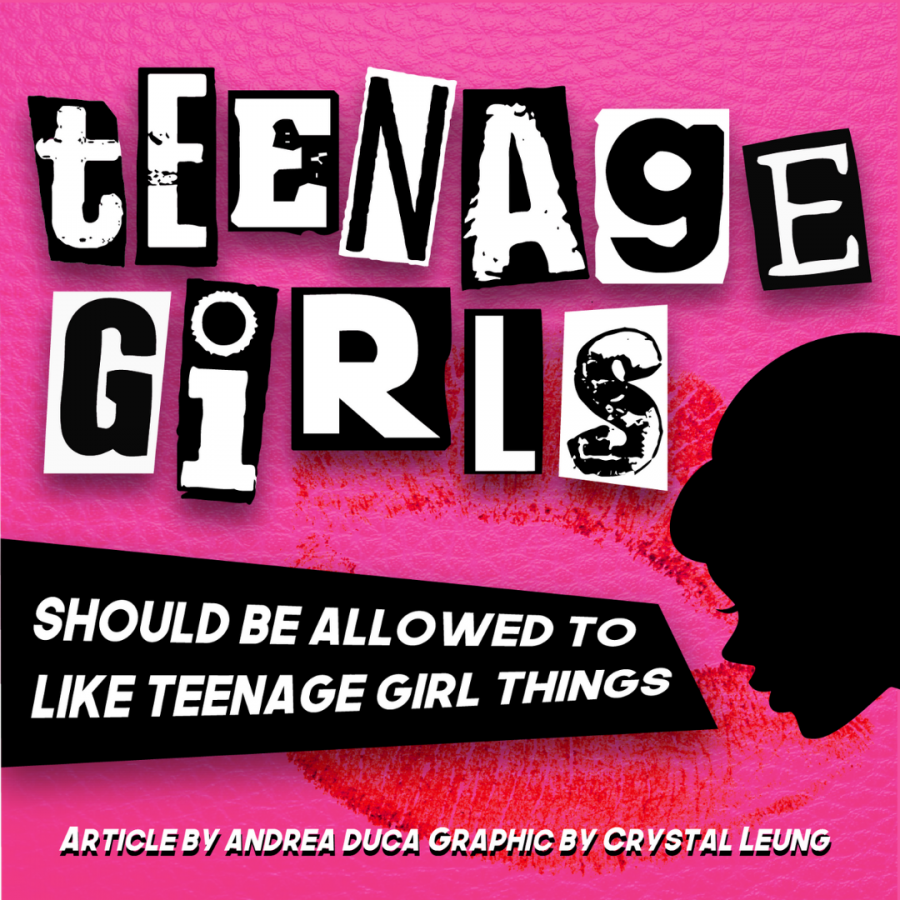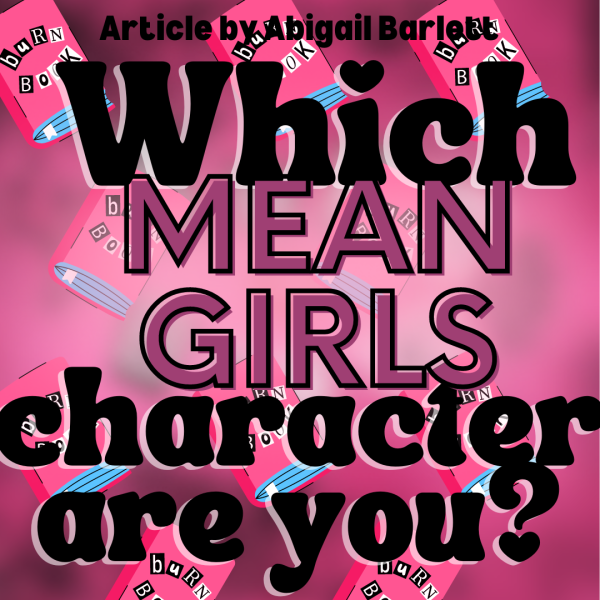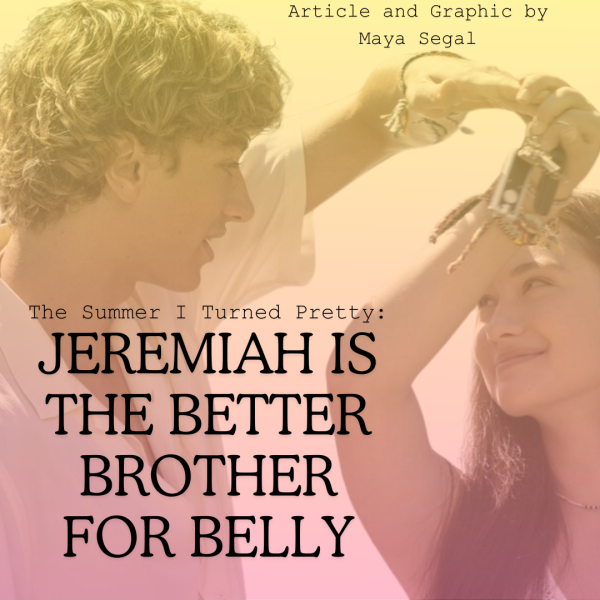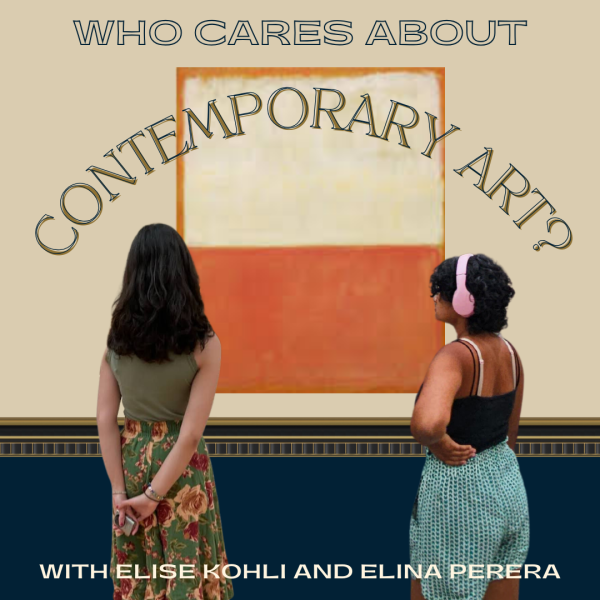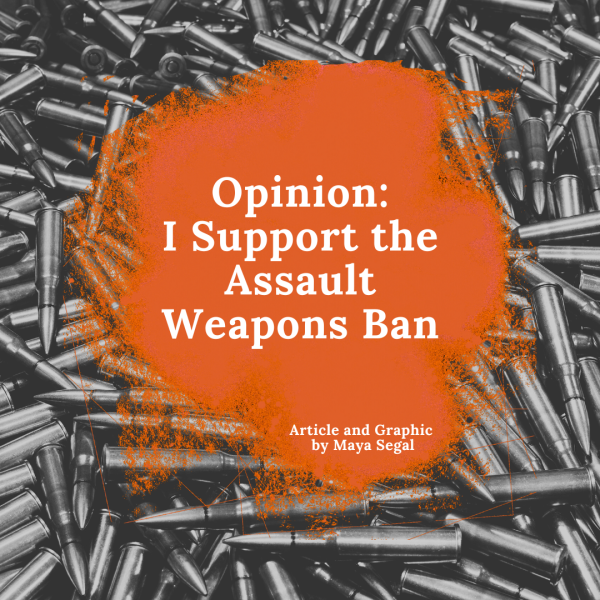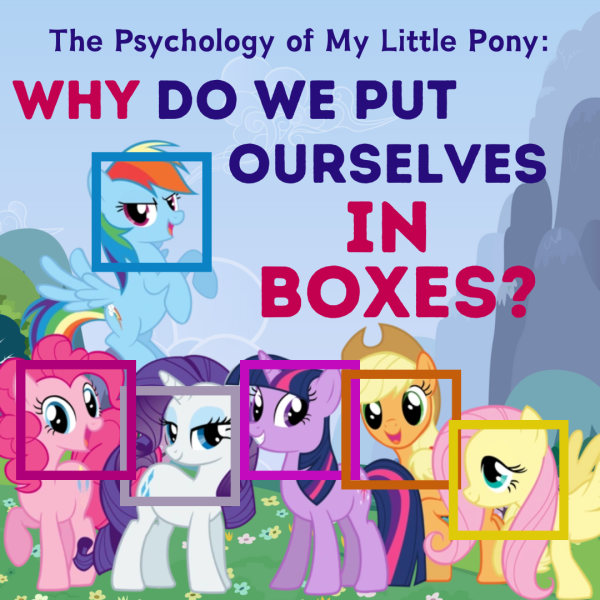What’s the Deal with, like, Hating on Teenage Girls?
I’m fairly confident I am not the only girl who went through a phase, in middle school specifically, where I felt the need to be different from other girls. I thought I was unique because I was friends with boys and didn’t like wearing makeup, and I would never admit that I enjoyed listening to Taylor Swift in the comfort of my home. This “I’m not like other girls” cultural phenomenon is not a recent thing by any means. It has emerged in decades prior in forms such as the “greaser girl” of the 50s that provoked the decade’s conservatism and the “grunge girl” of the 80s and 90s, popular for her unapologetic attitude towards societal constructs. So what’s the deal with this fascination for “cool” or “different girls”? They adopt habits, fashion influence, or attitudes generally seen as masculine, hence becoming “edgy”, defiant and desirable. Guys don’t want an uptight, nagging girlfriend who likes pink and shopping; on the contrary, they want someone who’ll watch slasher films with them, right? So when traditionally-feminine characteristics like being interested in boy bands and rom-coms are seen as frivolous and meaningless, why do we as a society place that value in traditionally-masculine things like action movies and football? Countless times, the latter has been subconsciously (or outright) declared superior. Where and why do we draw that distinction between the two that gives one value over the other? It is not okay to shame men for being outside the assigned gender role. Just as it is not okay to shame women, specifically teenage girls, for being within their assigned gender role. Little boys aren’t shamed for liking Star Wars nearly as much as little girls are mocked for liking Twilight, and it comes down to a little concept called “cultural capital”.
What is cultural capital?
Coined in the 1970s, the term was used in sociology to describe an individual or certain group’s social assets (such as education, style of speech and dress, intellect, etc.); it explains classism and the transfer of power. Culture capital is something that teenage girls in society hold…none of. But perhaps they should. After all, the modern teen girl of every generation is the one that determines what’s trendy, influencing features of culture like retail, language, and fashion.
Let’s begin with music. As a musician, appealing to a large number of teenage girls almost guarantees a loyal fanbase for the rest of your career (I’m looking at you, One-Direction-turned-Harry-Styles-fangirls). An example of teenage girls’ lack of cultural capital could be the Beatles. Beatlemania swept the United Kingdom by storm in the 60s, teenage girls went fanatic over them. The fathers simply couldn’t understand what made them so popular. Neither did boys of the same age group (while simultaneously growing out their mop-tops). However, in recent decades, the Beatles gained legitimacy as “real music” when older dad-type men began to listen to them. The exact same can be said for Frank Sinatra and Elvis Presley, whose primary fanbases consisted of teenage girls who were in love with them, but are now the “classics”. Pop music,known as popular music for a reason, is usually made mainstream by the teenage girl obsession with whatever artists are current.
A 2009 study by Sali A. Tagliamonte and Alexandra D’Arcy shows women, especially adolescent girls, tend to be the linguistic innovators and vocal pattern trendsetters in English and other languages’ constant evolution. Yet for some reason, teenage girls are still ridiculed for their use of vocal fry and uptalk (the “Valley girl” accent) by everyone from boys, to older men, to other older women. Is it the excessive use of “like” or the annoying over-apologizing that makes their speech so hated? Why is it seen as inarticulate and vapid in the first place? The slang invented by teenage girls often eventually develops to be widely-used by every age group and gender as well, gaining legitimacy as soon as it becomes associated with a different demographic. All this to say: Should teenage girls really feel the need to talk like 30-year-old white men on a wine podcast?
Young girls have an unexpected, certain grasp on the economy. Marketers are aware of this, appealing to this audience and their insecurities, capitalizing on teenage self-consciousness and even fueling it. For how much this demographic seems to matter, their lack of recognized cultural capital due to incessant mockery should be noted.
Women do it too.
Modern feminism acknowledges that the movement of “I’m not like other girls” holds internalized misogyny at its core when girls claim with pride that they are unique from the rest of their gender. It proposes that this “other” breed of girls are more shallow with no other interests outside of beauty, fashion or fitness. This mentality was only encouraged by the media, such as with films containing the pervasive Cool Girl trope, a female stock character that exemplifies sexist (and just plain bad) storytelling. Think Sloane from Ferris Bueller, Andie in How to Lose a Guy in 10 Days, etc. This article puts it best. I used to think that if I admitted to enjoying girly things, it made me a “bad feminist” whereas it’s the opposite in reality. A couple of years ago, I could not comprehend why a woman who, rather than going to college and ambitiously pursuing a career with all her potential, would choose instead to have marriage and children as her primary life goals. By setting the expectation that being a housewife is lesser than a working woman, this only further perpetuates how society relishes in controlling womens’ choices. I understand now that while I would not personally choose the latter to revolve my life around, it is a perfectly valid choice for a woman to make with her own life and she should not be judged or shamed for it.
You are not an auto-generated set of qualities.
The main flaw in my past thinking would be succumbing to the rest of society’s assumption that women are not allowed to encompass more qualities than her chosen set; she must fulfill her chosen stereotype and never break outside of it. I now think this is blatantly false. Majoring in physics does not mean you can’t enjoy going to the mall with your girlfriends on the weekend; they are not exclusive to one another. An example is the character of Elle Woods in the movie Legally Blonde. Because she was a blonde Valley-girl who took an interest in fashion and beauty, most of the people in her life, including her parents, wrote her off as incapable of pursuing a law career. Elle defied those expectations by proving that stereotypes can be false, that she was not as vapid as everyone took her for because of the clothes she wore or the way she spoke. She ended up in Harvard law school due to her drive and hard work, later winning a major court case. Regardless of how unrealistic the plot of Legally Blonde maybe is, it sends an important message. Women do not have a limit to the number of qualities they can have or what you can be, and it is an easy thing to forget. An entire gender that encompasses almost half of the world’s population cannot be generalized under one stereotype and conformed to one dimensionality.
We are all basic.
I know, I know. Sounds like something a basic person would say. And who knows? I probably am a bit vanilla. This is something I do know, though: Don’t shame teenage girls for liking teenage girl things, and this definitely (and even more so) includes if you are a woman or young girl yourself. Support your differences and support what you have in common. Everybody should feel free to enjoy what they genuinely enjoy. As the insult “basic” has developed to be increasingly derogatory and gender-targeted, it’s important we assess its underlying meaning and negative implications. Let’s not call people basic for having an interest that happens to be more mainstream than yours because it does not make anybody more superior than someone else. And this absolutely applies to men as well. Don’t shame men for going outside what is an extremely-narrow window of acceptable interests or appearance choices. Don’t call them “brave”, either; rather, normalize people doing what makes them happy. If your interests and hobbies do not harm or infringe upon anyone else, they are totally and completely valid. Even if belittled or ignored in the past, you shouldn’t have to feel ostracized in this day and age for your relationship with your gender or gender role. There is somebody else out there feeling exactly the same.
Does it even matter?
Society tells men and young boys that in order to prove your masculinity, it isn’t enough to not participate in “feminine” things; you must actively hate on them to assert your distance. It is a tired concept seen again and again in everything from cologne ads that advertise “manly” scents to the superhero movies that give development and arcs to every male character, yet leave the one female superhero as nothing more than a one-dimensional woman who is always effortlessly sexy without fail.
For teenage girls who are impressionable, dismissing and disrespecting their interests can have a lasting effect. It has never particularly mattered what the specific popular thing of the time is, the interests of teenage girls are trivialized no matter what. They are mocked when what they enjoy and participate in does not align with what the rest of the world deems as “valuable”. However, this issue isn’t even distinct to teenage girls. Women, especially women of color, often aren’t taken seriously, whether it is being hindered at home, in the workplace, or in policy debates over their bodies. But the problem is particularly critical when girls are young. This issue can be argued to be an insignificant subtlety that has garnered an overreaction, but an open discussion about the microaggressions are what brings us one step closer to gender equity, recognizing historical disadvantages that have prevented a level playing field and how to combat them.
Your donation will support the student journalists of Enloe Magnet High School, allowing us to cover our annual website costs. We are extremely grateful for any contribution, big or small!

(She/her)
Andrea Duca is a senior excited to return for her third year at the Eagle's Eye as editor-in-chief! She plans to pursue economics in college...


